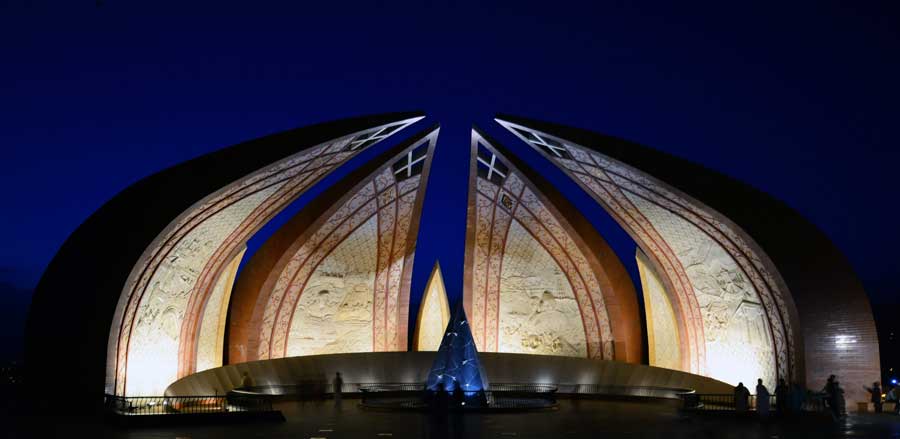The cost of Islamabad Safe City Project has increased by 25% after the Federal Board of Revenue (FBR) refused to grant tax exemption to the imported equipment for the project. This has taken the cost of the project up to Rs 14.865 billion, adding Rs. 3 billion to the previous cost estimation of the project which was Rs. 11.865 billion.
The equipment for the project has already arrived, and the Interior Ministry has been paying the storage and demurrage charges since March this year. The taxes and duties were not accounted at the time of inception of Safe City Project considering security related projects in which exemption are generally granted by FBR and Ministry of Finance. The Islamabad Safe City Project was officially inaugurated in June this year and the National Database and Registration Authority (NADRA) was tasked with implementing the project back in March.
The main aim of the project is to ensure the protection of the citizens of the capital. This will be achieved by creating an effective and adequate security framework by incorporating strategies preventing unauthorised access of vehicles and individuals entering and operating within the federal capital. Basically, this foresees a sharper monitoring and surveillance system.
The project will promote the use of smart ID cards, Electronics RFID tags, Smart Vehicle Registration and Smart Driver Licence for authentication of vehicles and individuals. CCTV cameras and RFID tag readers will be installed at key points across the city, to provide an effective monitoring and control system. The project will equip law enforcement agencies with a computer aided dispatch system and other software such as facial recognition and vehicle management system.
Under the plan close to 1950 surveillance cameras will be installed in the capital along with a bombproof command centre of 2000 square meters, to which all the cameras would be connected through 500kms of fiber optic cable, operated through a 4G network.
The project was first approved in 2011 but was challenged by the Supreme Court and after an ugly battle the contract was struck down in 2012. After PML-N’s rise to power, the project was reconsidered. China is paying the greater part of the entire project while the Pakistani government is expected to pay only the recent Rs. 3 billion addition to the cost.
-Source The Nation





 Massive reorganization at Google results in new CEO and another company
Massive reorganization at Google results in new CEO and another company